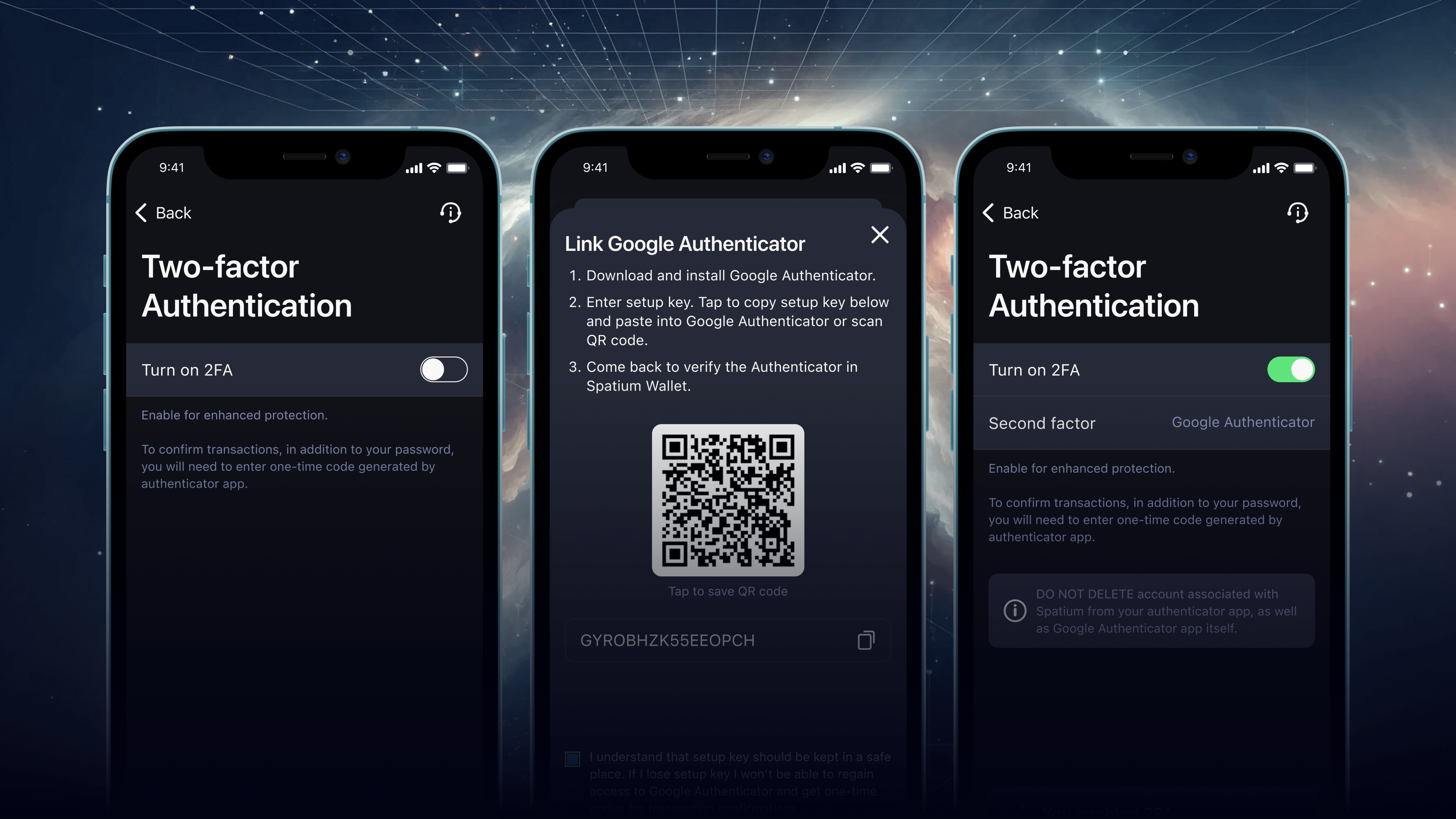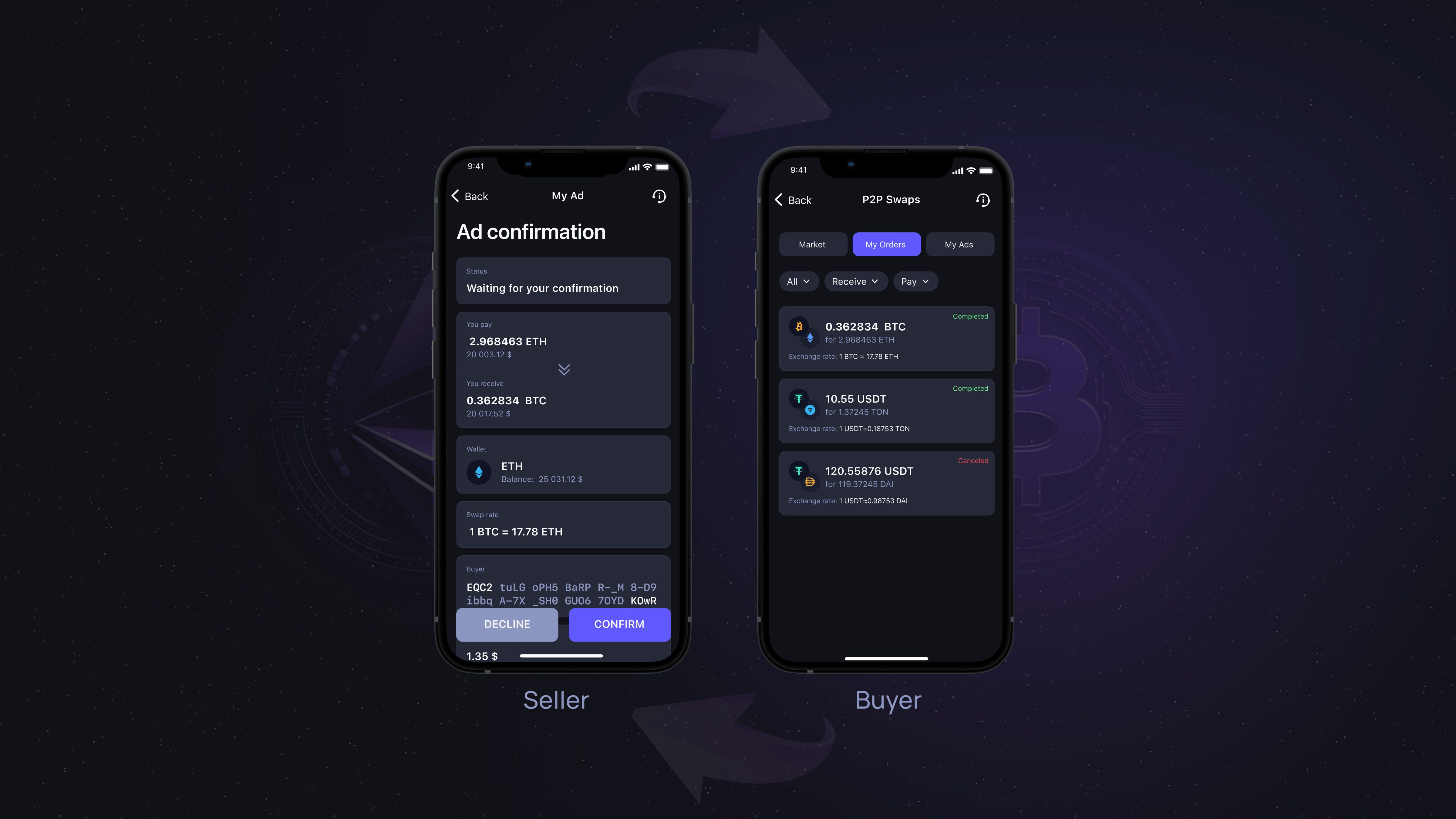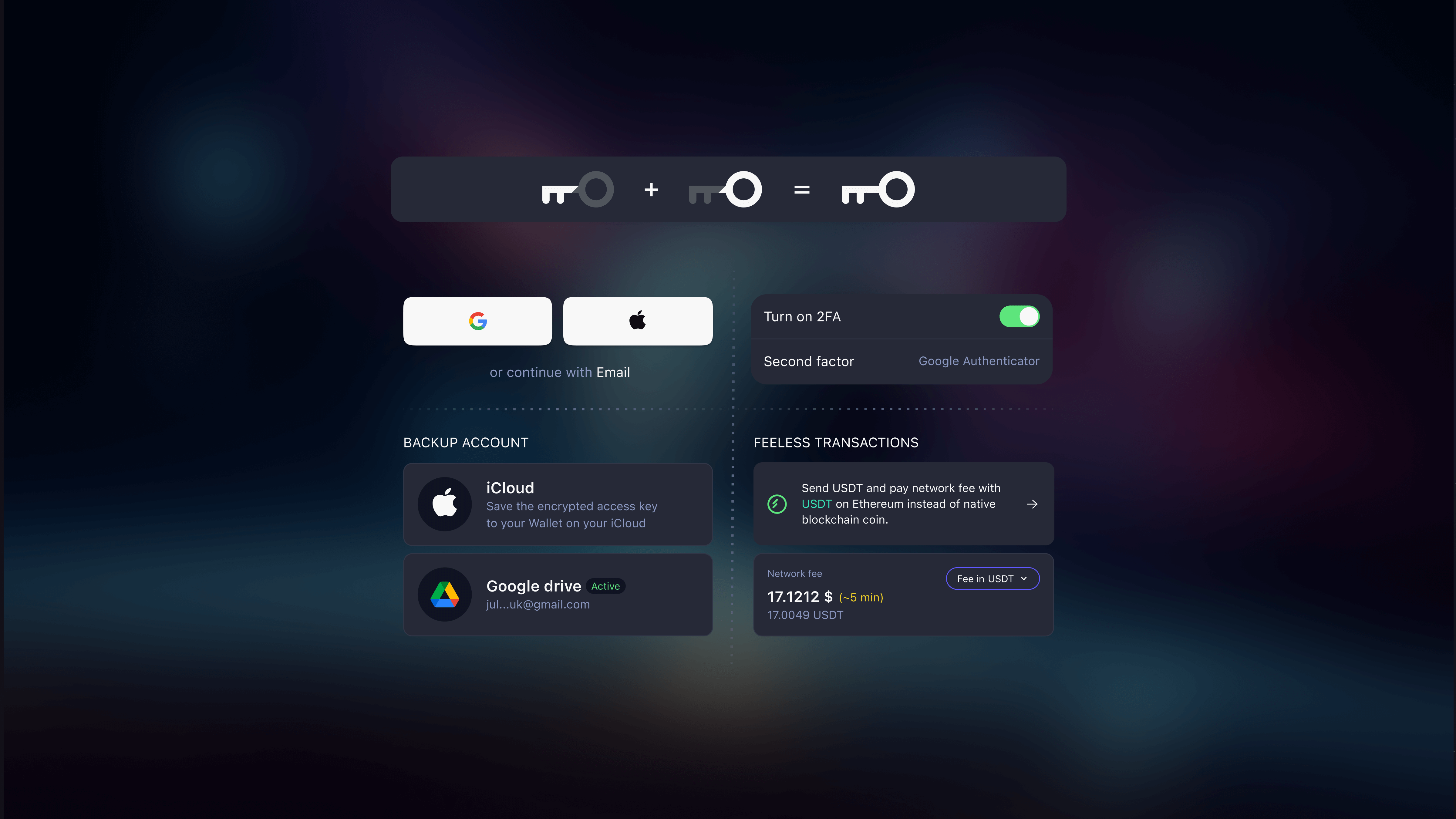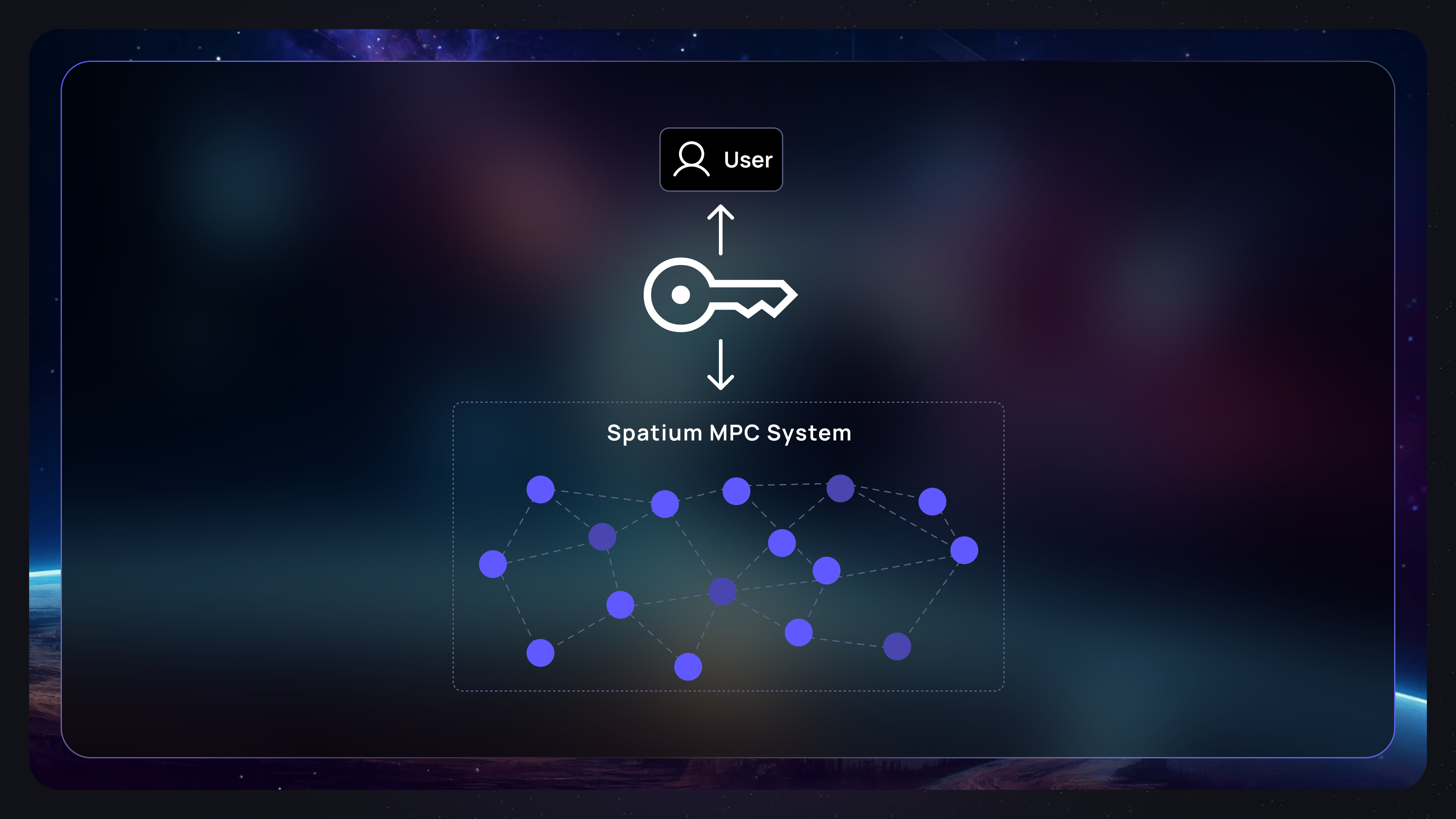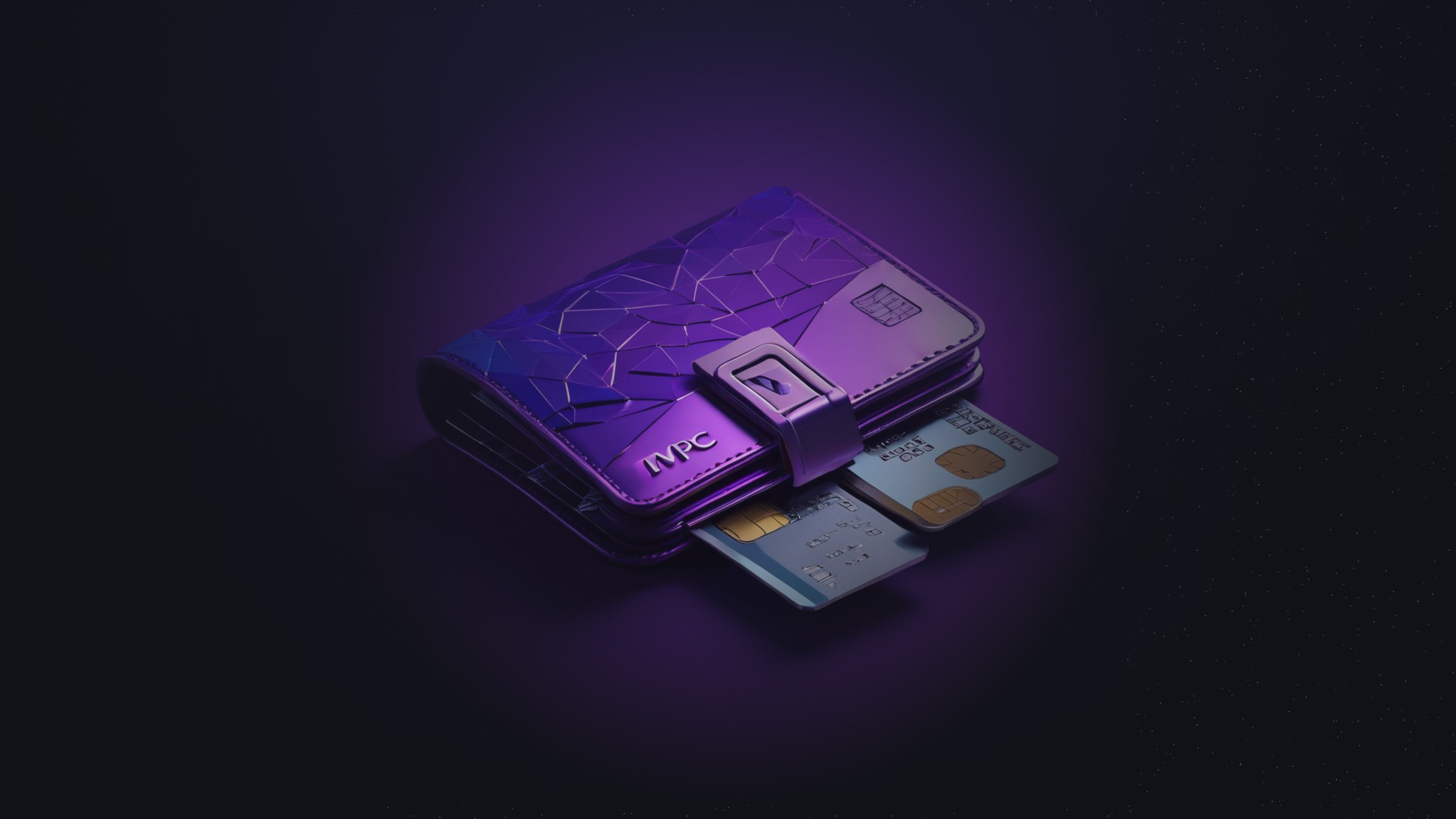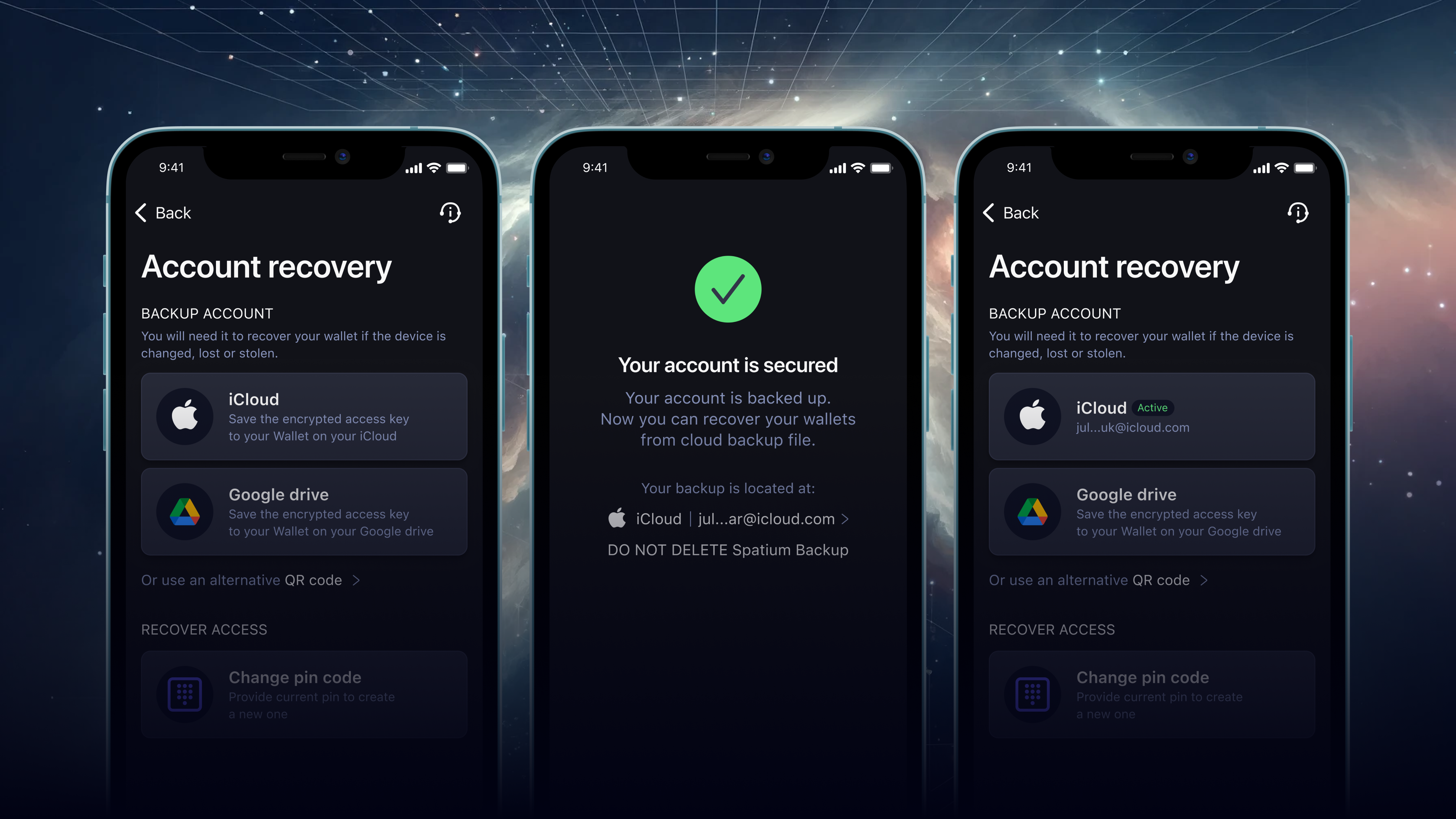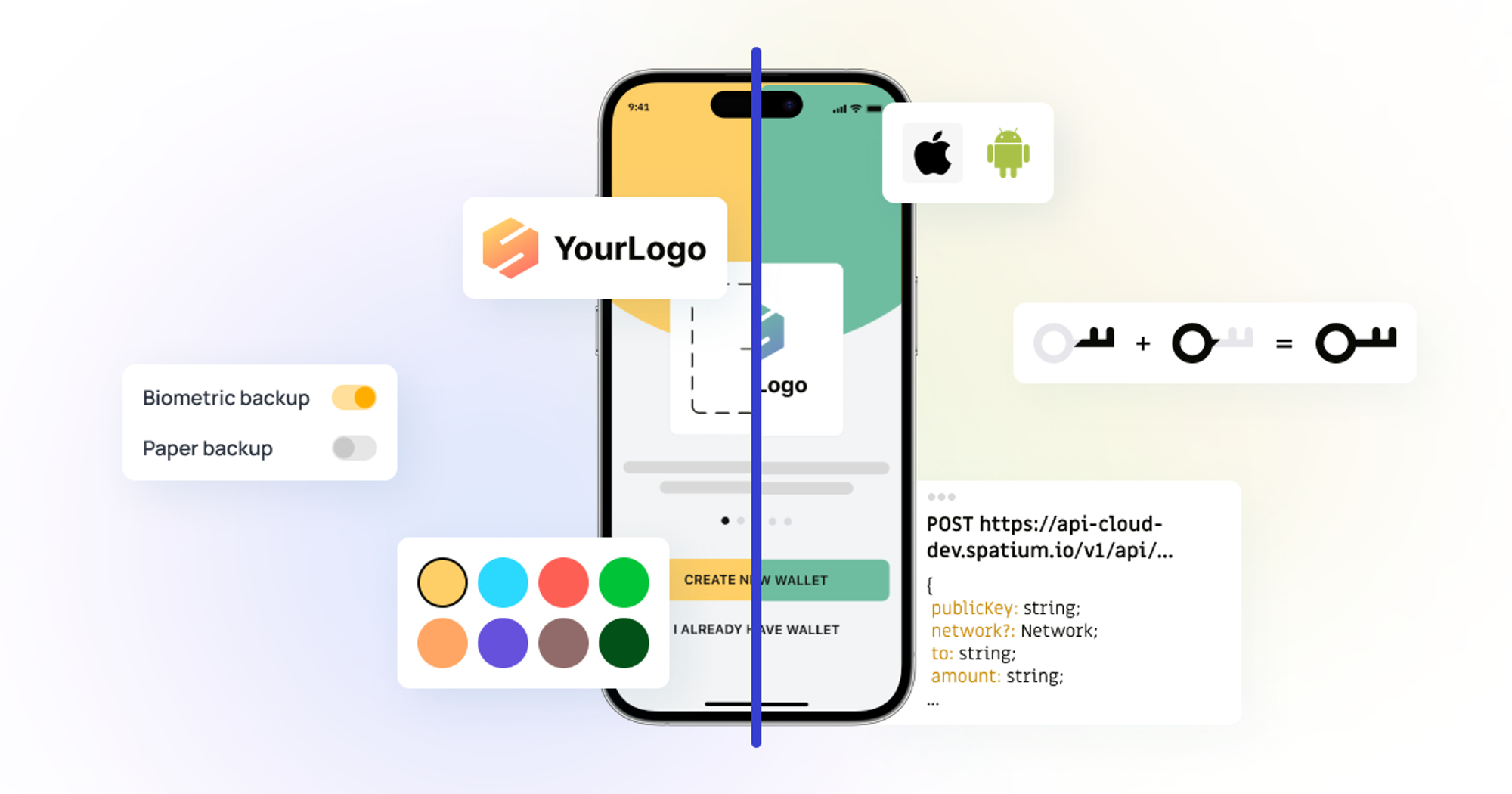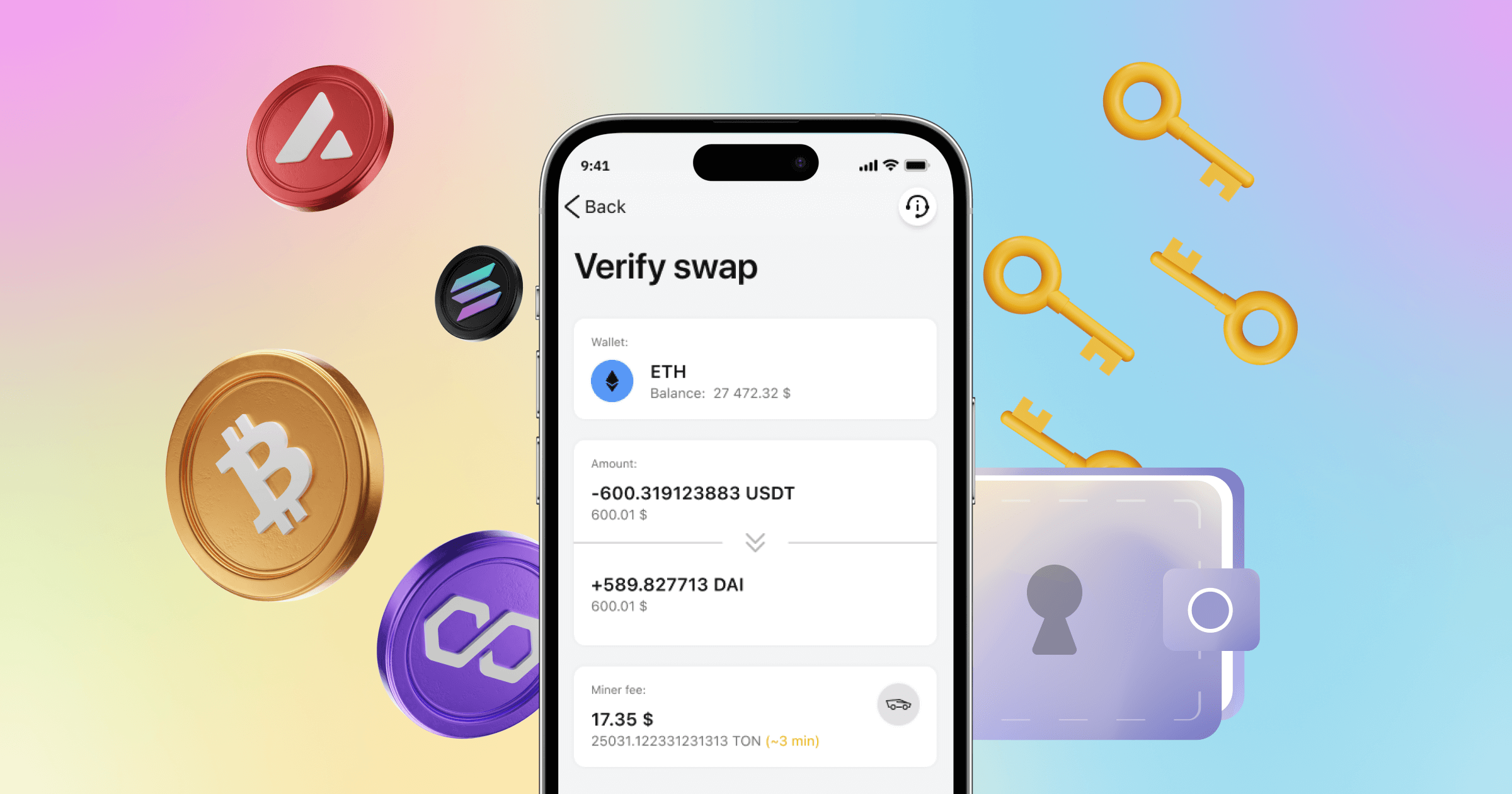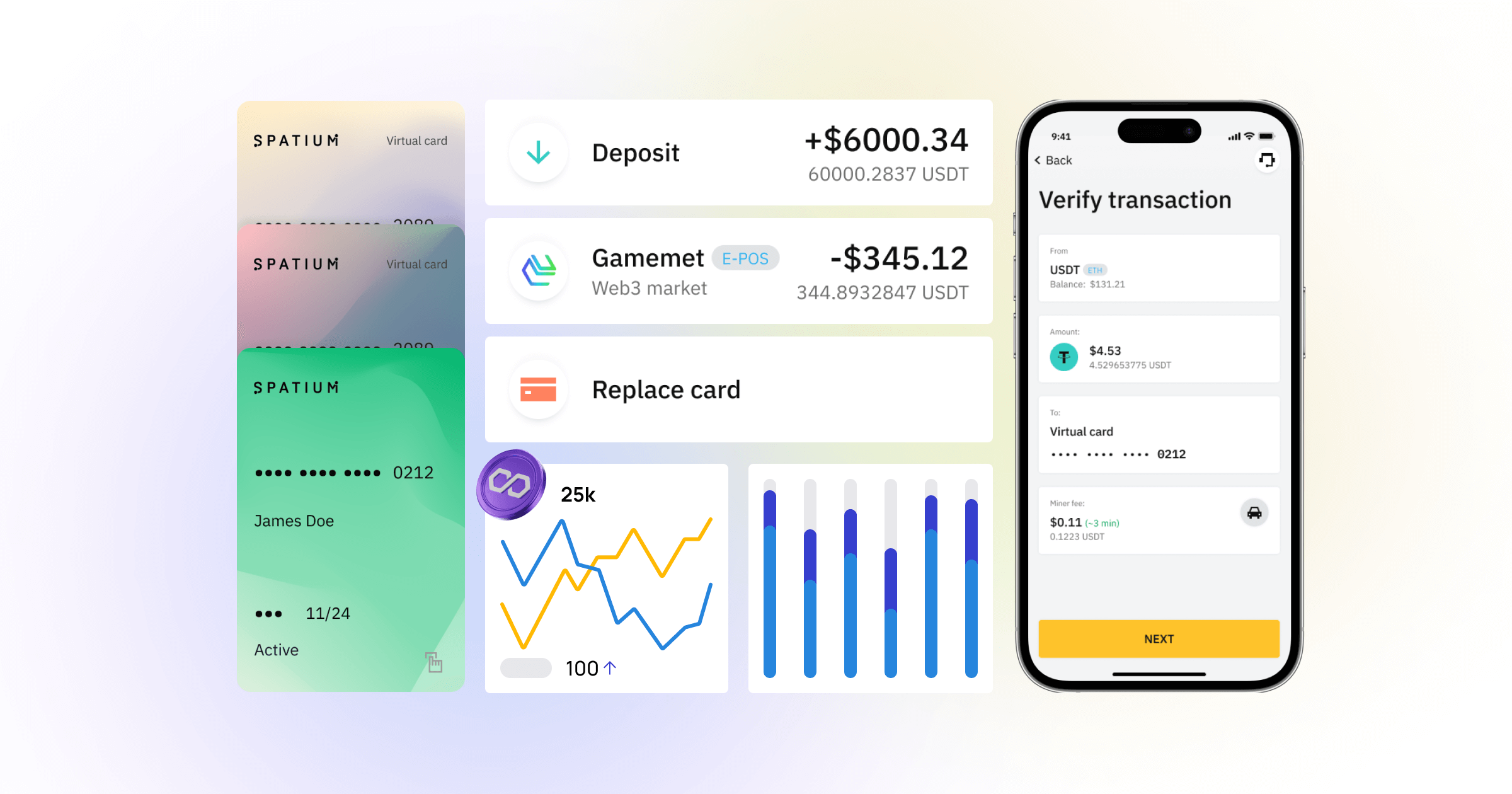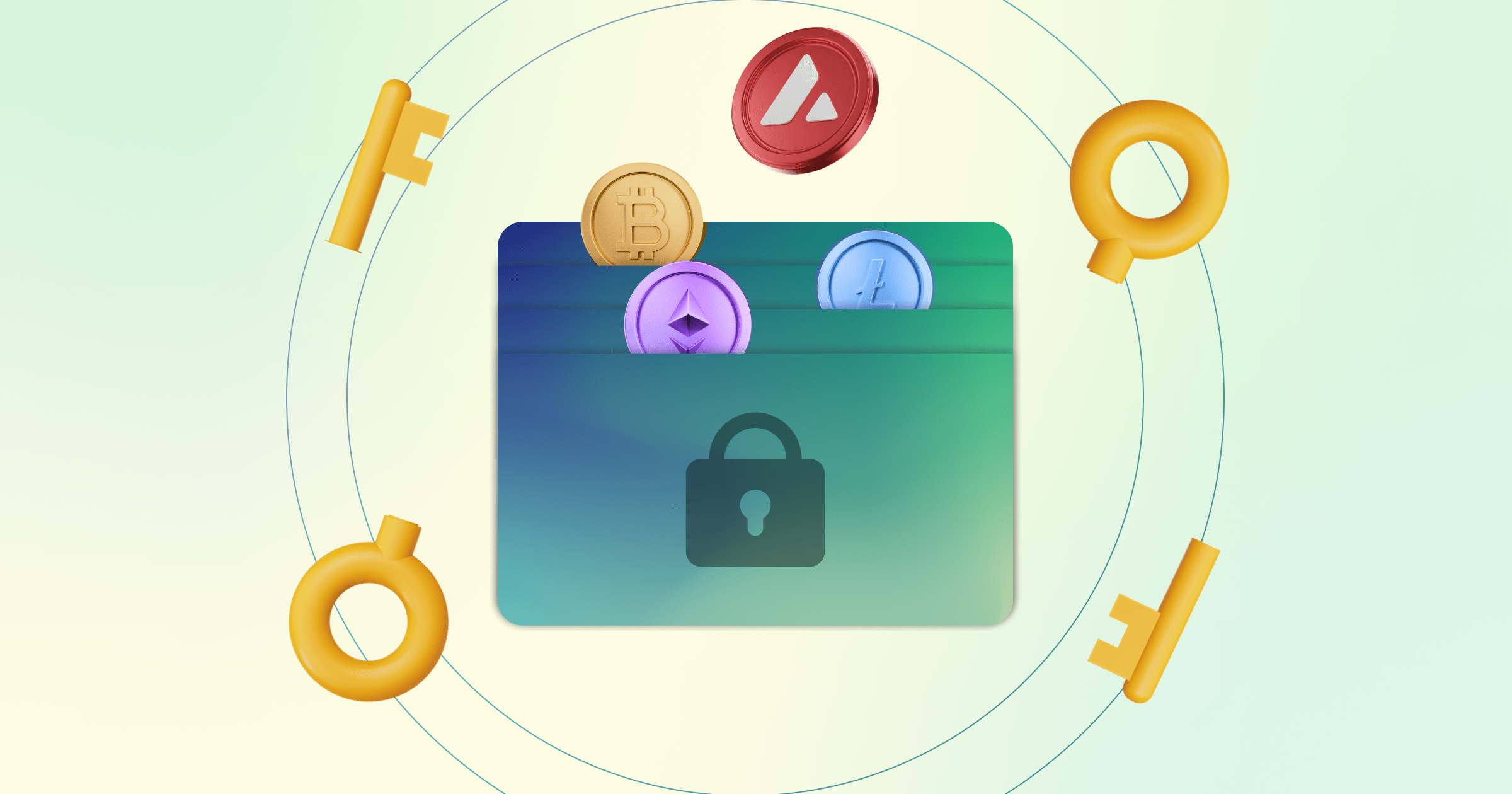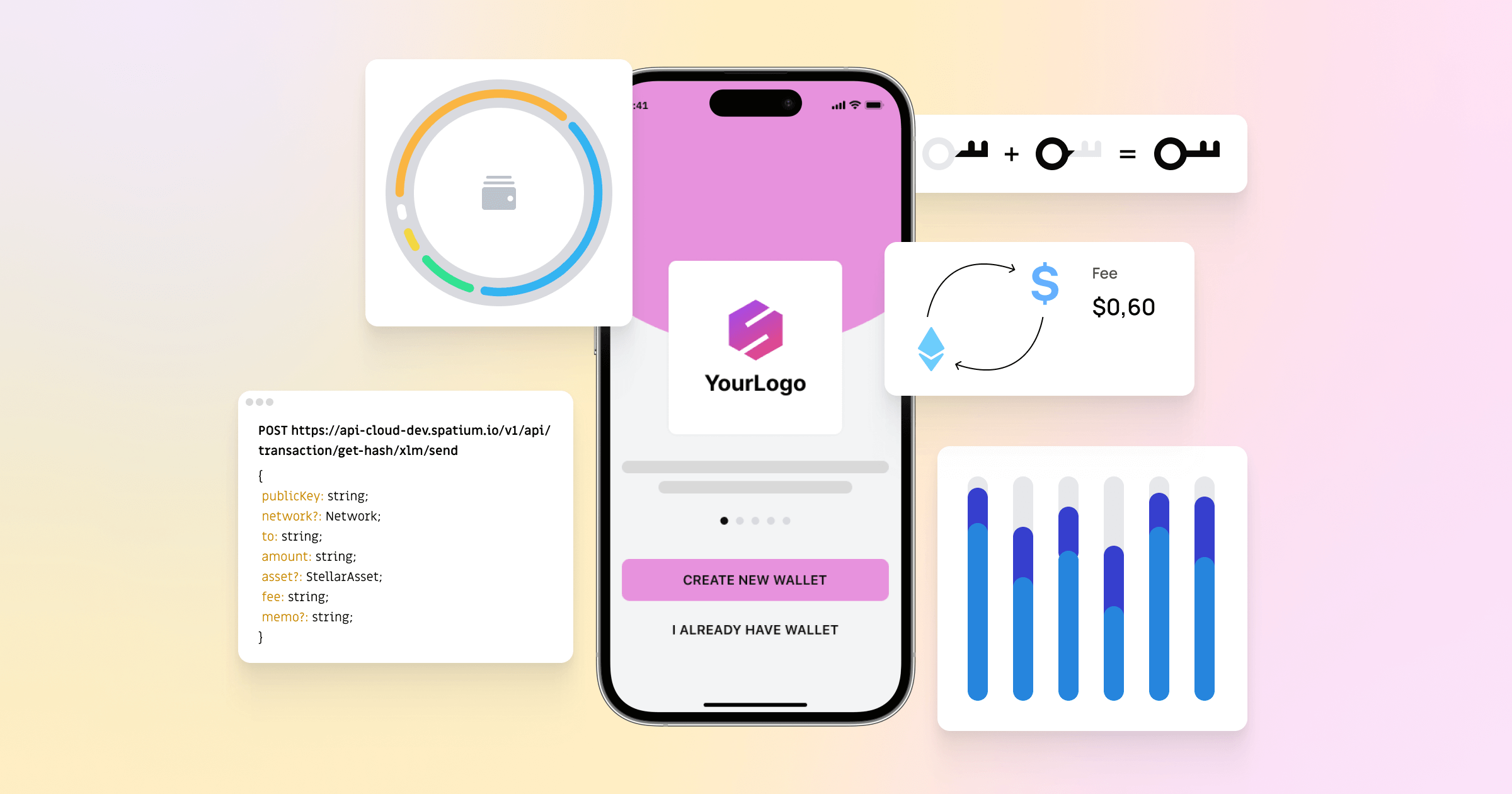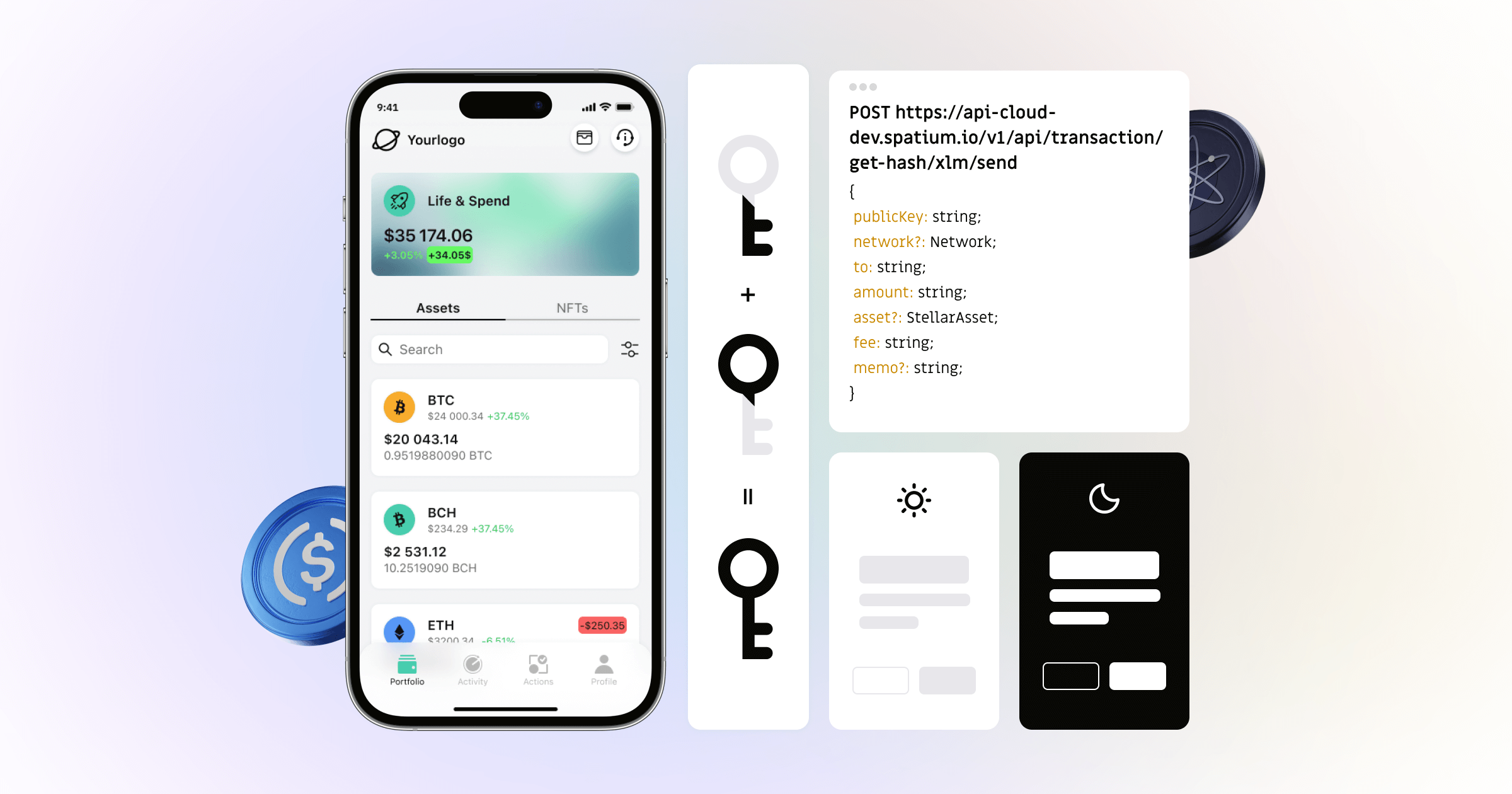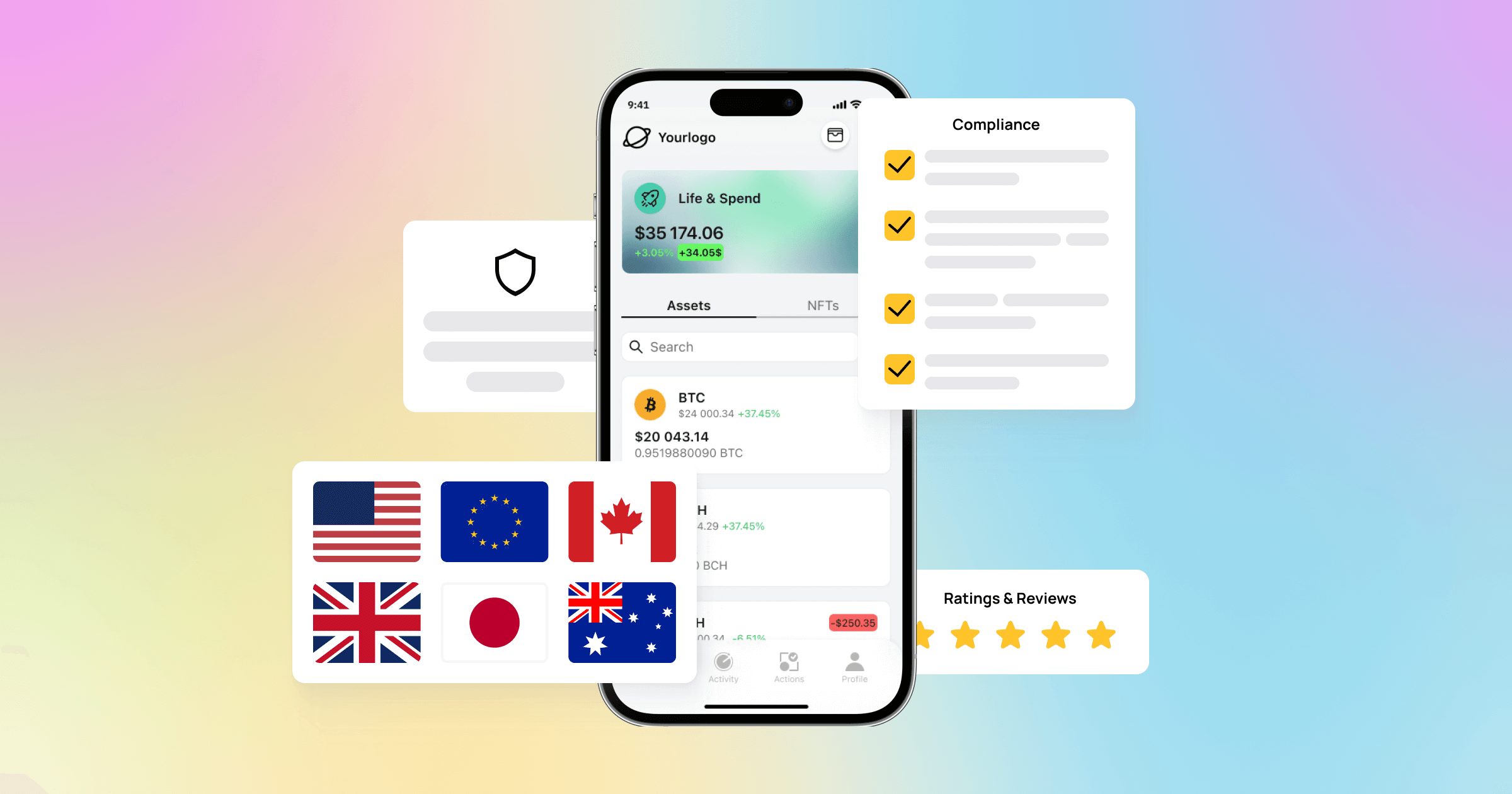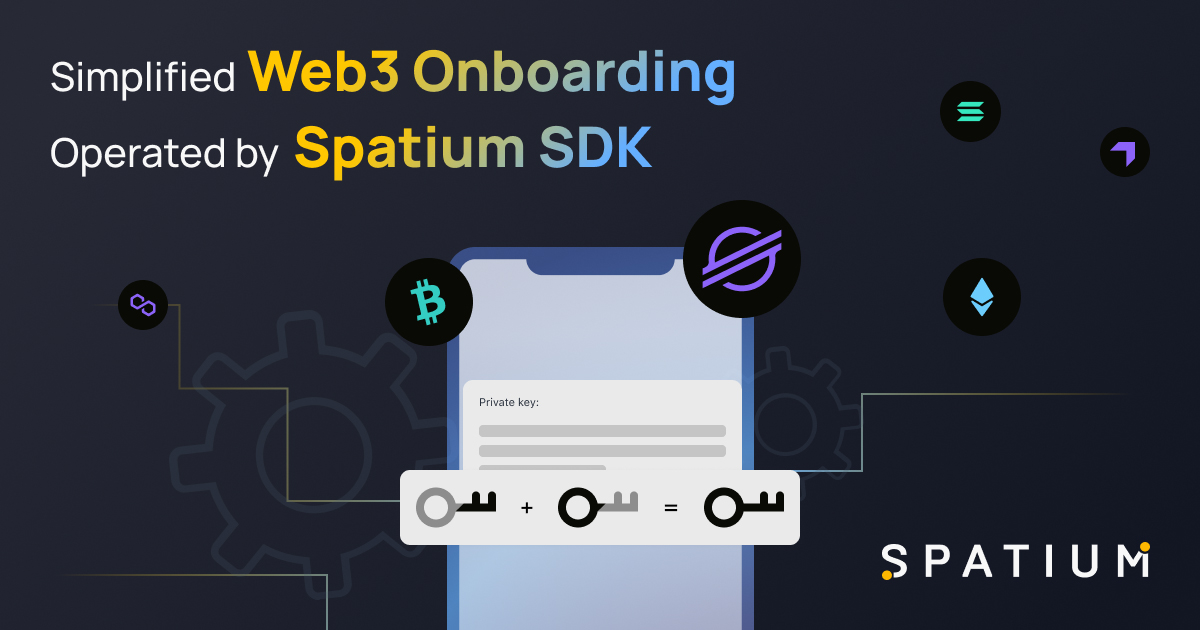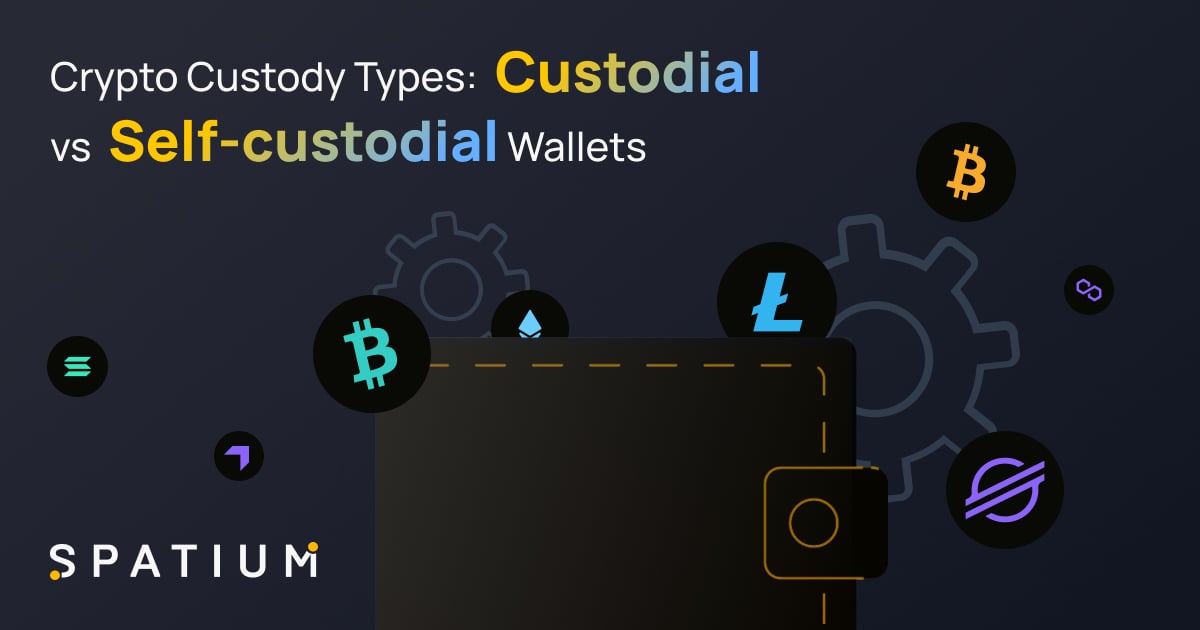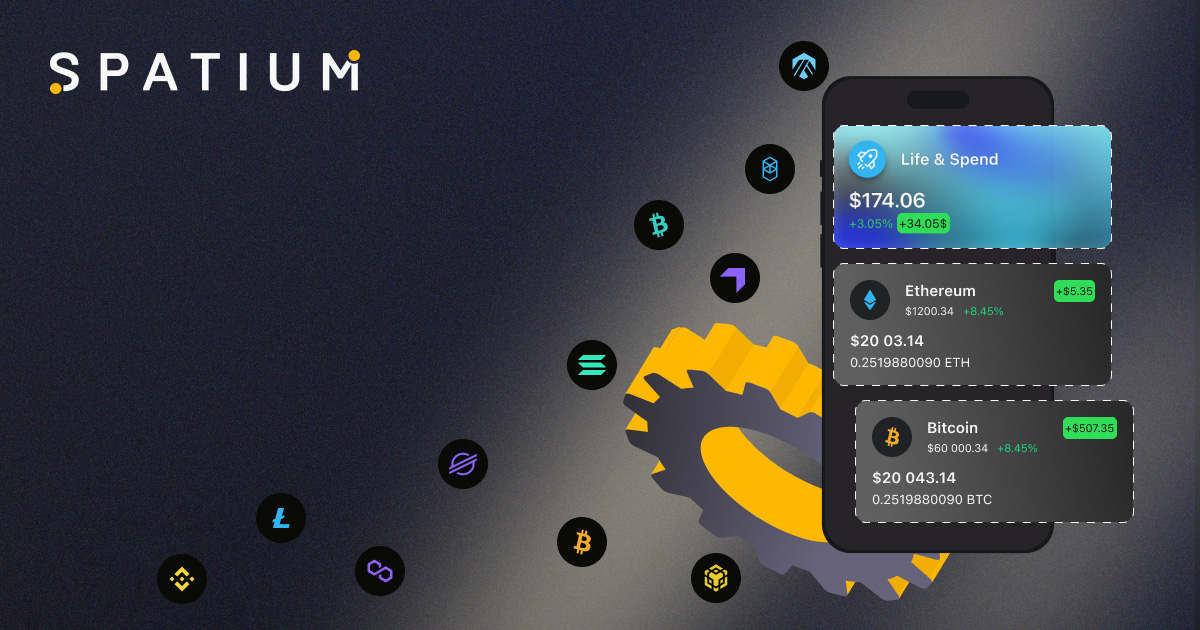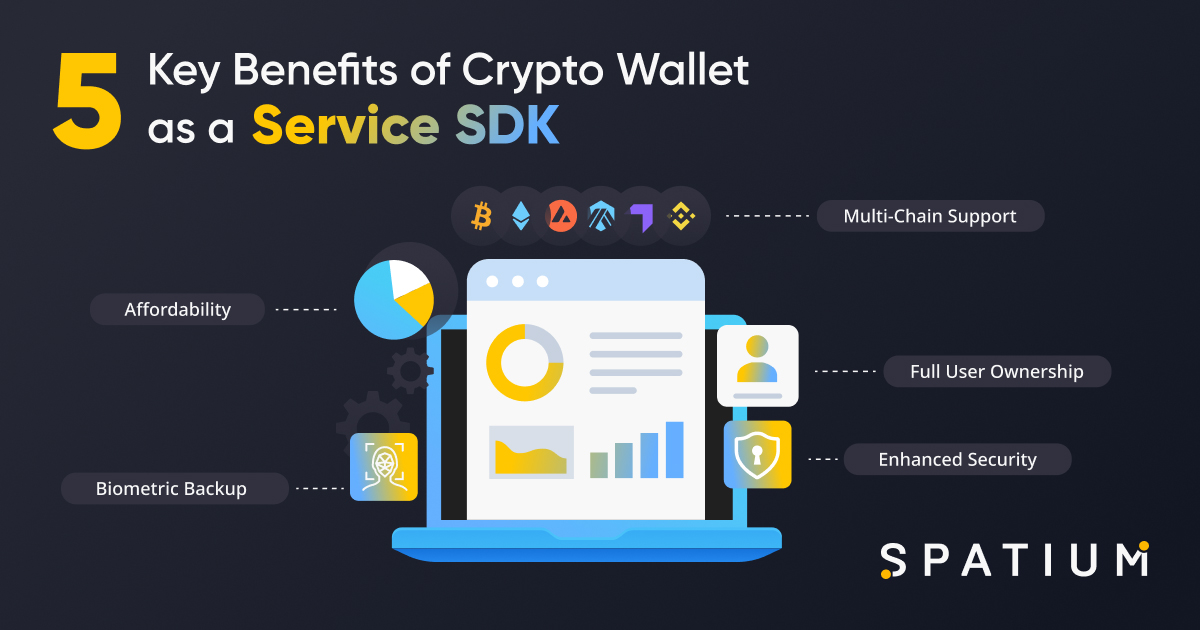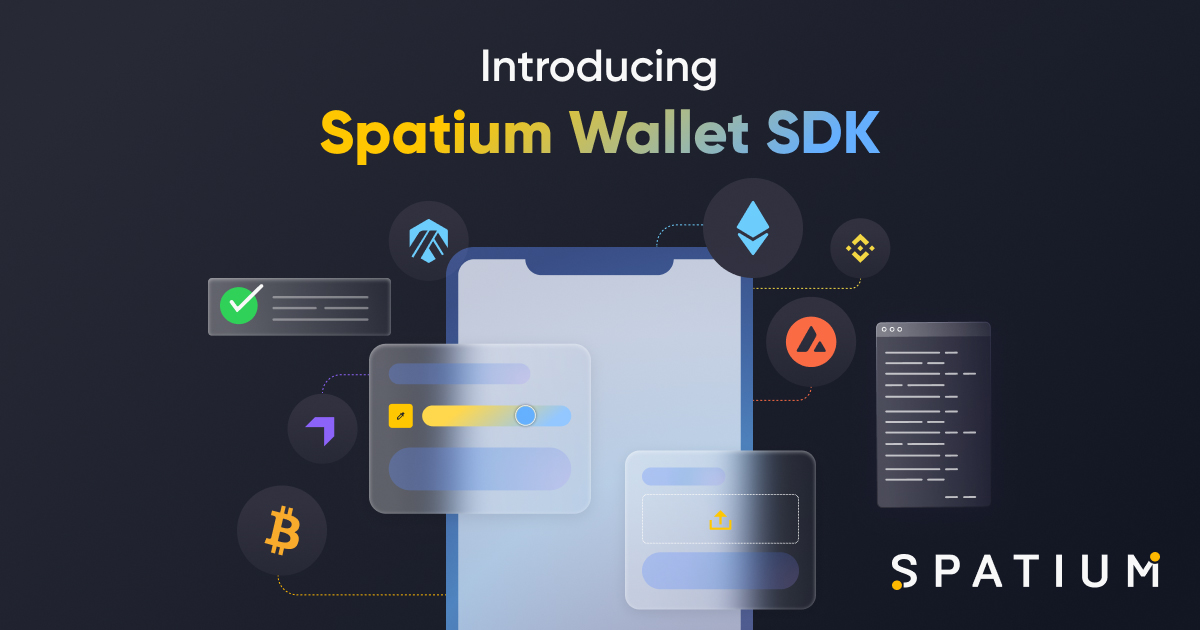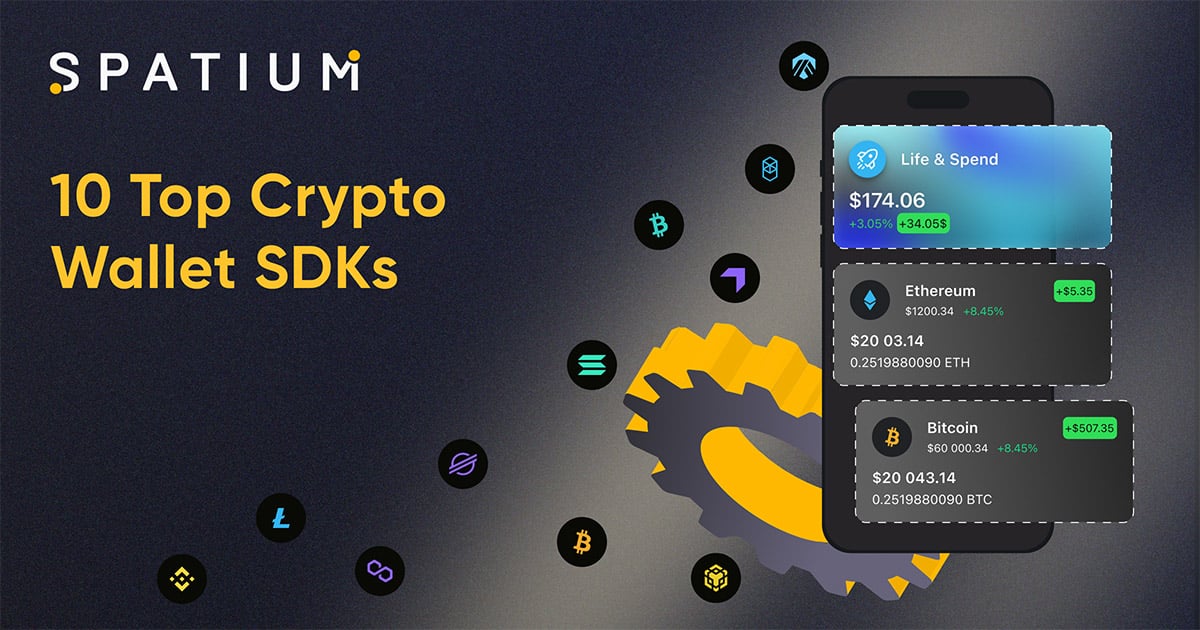Share this

Recently, more and more companies are realizing that the existing financial systems are becoming outdated. In such a situation, the companies as well as enterprises and even banking legacy systems are trying to find a way and make sure that they will stay afloat in the new emerging financial order. The rate of banks that have already adopted crypto operations is growing. Among the big names are Bank of America and Morgan Stanley.
The condition of running a bank-affiliated crypto account comes with shared digital control over the account, which stores private keys. Also, some institutional companies, as well as investment organizations, would like to have common access to account governance.
Based on types of shared control over assets, there are three main types: single signature wallet, multi-sig wallets, and MPC wallets. The main difference between them is the way the private key is applied. In a single-key wallet, it could be only one person. In the case of multi-sig and MPC wallet implementation, there are several entities. It’s worth digging into the technological aspects of these types of wallets and highlighting the benefits they bring to the companies.
Single-Signature Wallet
Single key wallets are the ones to have a key management system designed straightforwardly. Transactions are signed with only one key. The entity that holds the key is the sole owner of the account. Though the option of single-handed access to the account seems as an attractive opportunity, the level of responsibility is also increasing. One man-made mistake or minor accident harming your computer or other device you use to access the crypto wallet brings you the total loss of your crypto assets.
Easy Target for Hackers
Because the key management involves only one key, it means that the wallet has a single point of failure (SPOF). As soon as the key is compromised, the access to your crypto assets is lost.
Not Suitable for Business Use
The high level of uncertainty regarding the management of the wallet makes it the least desirable option for companies. Businesses usually go for shared digital access control, when in emergency cases, the company may help users to restore access to their wallets, eliminating SPOF.
Moreover, in the case of shared account access, businesses could protect their customers against other unpredictable situations, such as: forgotten passwords, misplaced or damaged hard drives or phones, etc.
Multi-sig Wallet
A multi-signature wallet is a crypto solution that, unlike single-key wallets, provides shared access to the account. The condition when several people or companies apply their private keys to sign one transaction brings more security and protection to the digital assets. Also, the access to the funds online does not rely on one private key, which is connected to one device. There could be several devices scattered around the globe. Such a signing scheme is beneficial for companies and institutions, as it helps to share control over the assets of several entities without revealing their private keys.
3 Top Multi-sig Wallets
BitGo
This wallet is one of the most trusted. It uses a P2SH encryption protocol and supports multiple cryptocurrencies. One of the prominent features of this wallet is that it enables the creation of private blockchains. They could be quite helpful in business processes as blockchain offers better visibility of business processes. Also, they are easily programmed to restrict access to the system except for the required employees. At the same time, BitGo comes with high transaction fees and until now hasn’t become mobile yet.
Electrum
Electrum is considered to be one of the oldest multisig wallets, as it was launched in 2011. In addition to multi-sig features, the wallet also offers cold storage. It is available in open source. Also, integrations with other wallets are available. Electrum doesn’t store users’ private keys, and the transactions are also signed locally. One of the negative sides is that it’s not convenient for tech-savvy users, and the learning curve for newbies is quite steep.
Armory
It is one of the oldest multi-sig wallets, which is unfortunately not very convenient. Armory allows Bitcoin storage only. Moreover, it is stored offline, which makes it very secure. The wallet is available as a desktop app. Despite its high security and protection, the wallet doesn’t have 2FA and offline storage carries a threat of Single Point of Failure.
MPC Wallet
MPC wallets are a new trend in web3 wallet development, as they are fueled by Multi-party Computation (MPC). MPC wallets took the best of two worlds: single-key wallets and multi-sig wallets. Similar to multi-sig solutions MPC wallets let several stakeholders have joint control over funds. But the difference is that in the case of MPC wallets, one entity has access to one secret each. The combination of secrets provides access to the MPC wallet account. If some of the stakeholders don’t want to provide their secrets to restore the key and sign the transaction, then it’s not doable and the account owners need to go into more negotiation.
3 Top MPC Wallets
Spatium
Spatium is an MPC wallet launched in 2017. It’s a non-custodial wallet when users have full ownership over their digital assets. Quite recently, based on the Spatium encryption platform, Spatium SDK was released. It facilitates wallet development for companies, saving much time and effort. MPC wallets created with Spatium technology are convenient to use and extremely secure. The MPC technology protects the user’s private key and in case of an emergency (if the phone is broken or stolen) restores access to the MPC wallet. Also, the wallet is blockchain-agnostic and supports multiple cryptocurrencies as well as NTF. Moreover, wallets powered by Spatium Wallet SDK provide a facilitated approach to various Dapps in multiple blockchains.
ZenGO
ZenGo is another MPC wallet that was launched in 2018. It’s a multi-chain wallet that supports several types of crypto assets. Also, as an additional protection layer, ZenGo uses 3-factor identification (3FA) which is an email confirmation, biometric scan, and/or recovery file. ZenGo MPC wallet provides a legacy transfer function that enables digital assets to pass over generations or get distributed among friends.
Krayon
Krayon is a non-custodial MPC wallet for companies and institutions with flexible wallet management functions. In a similar way as it is in Spatium, Krayon Wallet provides user roles and permissions, payment management, and transaction reporting. In addition to upscaled wallet management Krayon wallet allows the management of various crypto assets.
MPC VS Multi-sig Wallet Breakdown
To have a clear picture of the benefits of multi-sig and MPC wallets as well as their limitations, let's compare them based on their functionality.
| Features | MPC | Multi-sig |
| Compatibility with other blockchains | Due to the off-chain nature of transaction signatures, MPC wallets are blockchain-agnostic and are compatible with any chain | Not all the blockchains support multi-sig wallets by default. Additional efforts are required to integrate third-party support |
| Privacy concerns | There are no on-chain signatures provided and there is no chance to identify the owner of a secret holder | Each participant in multi-sig transaction signing is visible on the blockchain. The wallet address might be tracked and hacked eventually by malicious users |
| Key recovery | Efficient and secure backup for private keys | No, or very tedious disaster recovery is offered |
| Transaction speed | MPC wallets could provide near-instant transactions because the signing communications take place offline | Multi-sig wallet holders sign transactions on-chain one by one, which makes the process slow |
| Operational flexibility | MPC encryption is inherently flexible. It may withstand alterations and modifications, while the signature scheme maintenance remains the same | The signature scheme in multi-sig is rigid. It doesn’t undergo modifications. If any changes occur: someone leaving the group or joining, they will need a new wallet to accommodate the processes |
| Gas price | MPC wallet holders pay small gas fees because the wallet communication takes place offline | Multi-sig wallets are smart contract wallets that’s why there is a lot of on-chain communication involved. This complexity increases gas prices |
Conclusion
Sharing the control over assets is extremely important for companies and organizations, especially if the talk is not about a couple of bucks, but hundreds of thousands of dollars. For companies and enterprises, it’s vital to go with the most advanced technological achievements the blockchain can offer. MPC wallets are one of them. They are not only operationally flexible and secure, but also easy to operate and have enormous potential to onboard new users easily.
If you are looking for new business capacities and would like to embrace the power of blockchain, get in touch with us. Spatium Wallet as a Service SDK can provide your clients with user-friendly and secure crypto wallets in a short time with minimum effort.
Share this
Subscribe by email
Related posts







